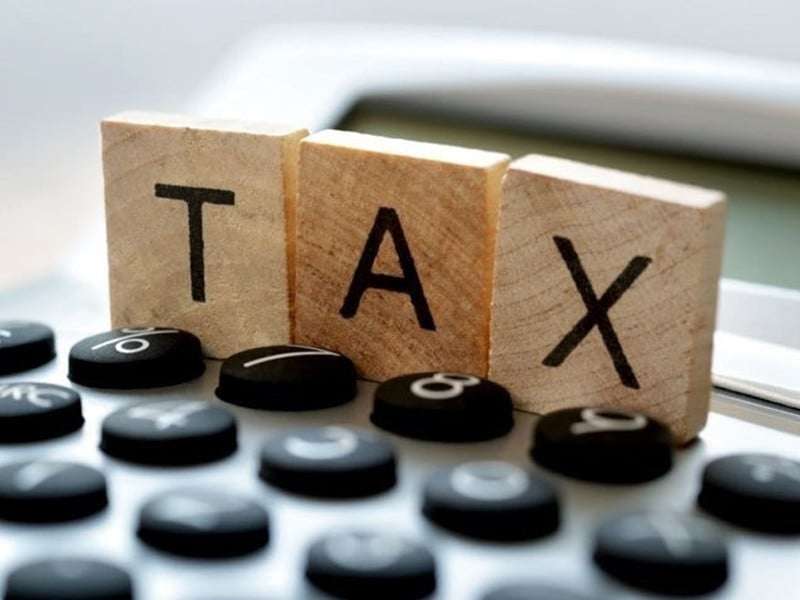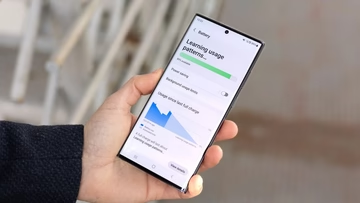
|
Getting your Trinity Audio player ready...
|
In the intricate landscape of Pakistan’s economy, where the undocumented economy is vast and only a small fraction of the population are tax filers, the Petroleum Development Levy (PDL) stands out as a potentially equitable form of taxation. Despite a general preference for direct taxation, the unique economic dynamics of Pakistan necessitate innovative solutions. This article explores why PDL is considered the most equitable tax in the country.
Understanding the Economic Context
The Dichotomy of Direct and Indirect Taxes
Economic literature categorizes taxes into two primary types: direct taxes, like income tax, and indirect taxes, such as the General Sales Tax (GST) and PDL. Textbooks often argue that direct taxes are more equitable because they are based on the taxpayer’s ability to pay. In contrast, indirect taxes are deemed regressive since they impose the same rate on all consumers regardless of income. However, in practice, especially in Pakistan, the direct taxation model faces significant challenges.
Challenges in Direct Taxation in Pakistan
Pakistan’s economic structure is characterized by a large undocumented sector. Traders, agriculturalists, and real estate investors often remain outside the formal tax net, placing the burden of direct taxation primarily on the salaried class and the documented corporate sector. This creates an imbalance and necessitates alternative approaches to ensure equitable tax collection.
The Case for PDL
Broad-Based Contribution
Everyone in Pakistan, irrespective of their income source, uses fuel. Therefore, PDL ensures that even those outside the formal tax net contribute to the national revenue. People who avoid paying direct taxes often have higher disposable incomes and tend to spend more on luxuries, including fuel-intensive vehicles like SUVs and trucks. PDL targets this segment effectively.
Behavioral Economics and PDL
The Nudge Theory
The concept of nudge theory in behavioral economics suggests that indirect nudges can influence people’s behavior more effectively than direct regulations. By making luxuries such as large vehicles more expensive through higher PDL, the government can indirectly collect taxes from those who evade direct taxes. This approach leverages the inelastic demand for fuel, ensuring steady revenue without drastically altering consumption patterns.
Environmental Considerations
Addressing Negative Externalities
Fossil fuels generate significant negative externalities, such as air pollution. Increasing the cost of fuel through PDL can help mitigate these externalities. The revenue collected from PDL can be invested in environmental initiatives and the development of robust public transport systems, further reducing emissions.
Revenue Generation and Inflation Control
Meeting Revenue Targets
In the previous fiscal year, Pakistan collected around Rs1 trillion from PDL. This year’s target is Rs1.25 trillion. By raising PDL by Rs10 per liter, the government can potentially collect an additional Rs200 billion. This incremental revenue can be pivotal in funding essential public services and infrastructure projects.
Managing Inflation Expectations
While increasing PDL could raise concerns about inflation, it is crucial to note that inflation expectations are often more impactful than inflation itself. With current inflation expectations trending downwards due to a decline in the Consumer Price Index (CPI) and falling international oil prices, the government has a window to increase PDL without triggering significant inflationary pressures.
Addressing Potential Challenges
Combatting Illicit Fuel Trade
A significant challenge in increasing PDL is the potential for formal oil companies to lose market share to illicit and smuggled fuel. This issue must be addressed through stringent monitoring and enforcement to ensure the success of the PDL strategy.
Conclusion
Balancing Equity and Practicality
Increasing PDL is not an ideal solution and may be reconsidered once the direct taxation framework improves. However, given the current economic landscape, international oil price trends, and Pakistan’s inflation trajectory, PDL emerges as a more equitable mode of taxation. It ensures that those who evade direct taxes still contribute to the national revenue, balances environmental considerations, and meets revenue targets without exacerbating inflation significantly.
FAQs
What is the Petroleum Development Levy (PDL)?
The Petroleum Development Levy (PDL) is an indirect tax imposed on petroleum products. It aims to generate revenue for the government and is seen as an equitable way to tax those outside the formal tax net in Pakistan.
How does PDL ensure equitable taxation?
PDL targets fuel consumption, ensuring that even those who evade direct taxes contribute to the national revenue. It is particularly effective in taxing luxury vehicle owners who have higher disposable incomes.
What are the environmental benefits of PDL?
Revenue from PDL can be invested in environmental initiatives and the development of public transport systems. This helps mitigate the negative externalities of fossil fuel consumption, such as air pollution.
How does PDL impact inflation?
While increasing PDL could raise inflation concerns, current trends in inflation expectations and international oil prices provide a window for the government to increase PDL without significantly raising inflationary pressures.
What challenges does the PDL strategy face?
One of the main challenges is the potential loss of market share for formal oil companies to illicit and smuggled fuel. This issue requires stringent monitoring and enforcement to ensure the success of the PDL strategy.
ALSO READ:
https://skipper.pk/2024/11/25/monetising-sindhs-forest-cover-by-earning-carbon-credits/






